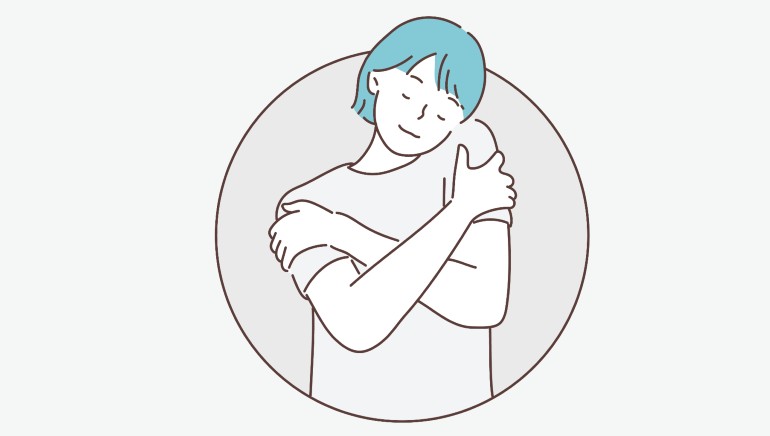Overcome body dysmorphia and eating disorders with these 4 ways

- 114
The idea of body dysmorphia is that people are obsessed with their appearance and believe that they’re not good enough. It can be a disorder where people think they are too fat or too thin. They might also have an eating disorder like anorexia or bulimia.
Eating disorders can be difficult to recover from, but there are ways to get help. One way is through therapy, which helps you unlearn the negative thoughts about your body and heal the emotional pain behind them.

The most common eating disorder is anorexia nervosa. This disorder is characterized by a person’s refusal to maintain a healthy weight, a distorted body image and an intense fear of gaining weight.
Eating disorders are not just about food and weight. They are also about perfectionism, control, and the desire for approval from others. One of the most challenging aspects of recovering from an eating disorder is learning how to unlearn what you know about food, weight and body image.
Here are some tips that have helped me recover from my struggle with an eating disorder:
1. Focus on yourself
Focus on Who you are at your core and what makes you feel good in your own skin. Learning how to release the past messaging so that you can focus on living in the present moment will help you reconnect with what it means to be human. Find a powerful way of seeing your body as perfect and releasing any feelings of shame or guilt associated with food or body weight.
2. Unlearn the things we were taught about food and our own bodies
We can release the shame within us by following our intuition, trusting ourselves and asking for help. We can celebrate our bodies, rather than disparaging them. We can be compassionate towards ourselves, and challenge the culture of dieting and fasting. Know that you are enough as you are. Maintaining a healthy relationship with food means it is no longer an obsession, but rather something that nourishes our bodies and brings joy.

2. The release
Eating disorders and body dysmorphia are serious mental illnesses that are often misunderstood. This is because people who suffer from these illnesses experience them in different ways. You have to be willing to boldly face your deepest, darkest fears and go beyond what you may believe is possible. Release is not a passive endeavour; it requires full-on commitment. Release is also not a one-way street. This process is designed to give back, not only in terms of release of energy, but also in healing, empowerment and enlightenment. The right support for this work is one who is committed to personal transformation.
4. Acceptance
It is important to remember that eating disorders and body dysmorphia don’t just affect the person with the illness. They also affect those around them. The most important thing to remember when trying to overcome these disorders is that you have a choice. You can live life as you want and not let your illness dictate your life. When you have a disorder, it is important to learn how to care for yourself by providing your body with the nutrients and rest that it needs. You can start by walking, meditation, and meeting with a professional coach or counselor.
Also Read: Under-confident about your looks? Here’s how you can deal with it

In order to fully recover from any mental illness you need an understanding of yourself and what triggers your disorder. For example, there are many triggers such as stress, sleep deprivation, or boredom. Be willing to accept and learn how your body reacts to these triggers in order to know how to react when they happen in real life scenarios. It is important for people to realize that they are beautiful no matter what size they are or what shape they have.
Get latest updates on health and wellness along with Mind, Emotional Health, Happiness Hacks, Mental Health










